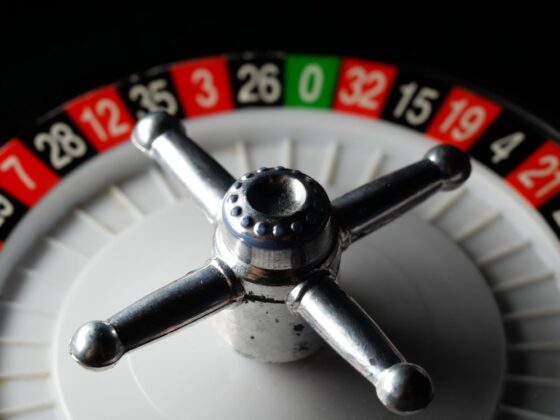Rewarding and recognizing employees is a no-brainer for boosting morale, retention, and motivation. But not all rewards programs are created equal. Some motivate far better than others, depending on how they’re designed and what they offer.
The Power of Rewards
Rewards are a priority because they trigger positive emotional experiences that reinforce desired behaviors; things like working hard, achieving goals, or upholding company values. Tailored to each employee’s preferences, rewards deliver satisfying feelings of achievement, appreciation, and being cared about by the organization. This emotional fuel inspires people to sustain their engagement and efforts.
Make It About More Than Money

Cash bonuses are common rewards, but over-relying on them is a missed opportunity. While financial compensation is undoubtedly motivating, it fades quickly as people’s lifestyles adjust to expect those bonuses.
Non-cash rewards often pack more lasting motivational punch. They stay novel and memorable since people cannot buy those rewards themselves. The anticipation and emotional uplift are more impactful.
Flex to Personal Preferences
One-size-fits-all rewards rarely motivate everyone optimally. People are motivated by different things depending on lifestyle factors, needs, ages, and interests. According to the experts at Motivation Excellence, smart companies empower employees to choose rewards they personally value from a customized menu of options. For instance:
- Experience rewards like event tickets, dining out, or incentive travel.
- Lifestyle rewards like gym memberships, subscription services, unique products.
- Professional development, like conference passes or online courses.
- Charitable rewards like company donation matches.
Celebrate Accomplishments Big and Small

Don’t make the mistake of only rewarding huge, splashy achievements. That motivational spark fades between long lulls without reinforcement. Build frequent, consistent rewards touchpoints, no matter how modest, into your organization’s rhythms and rituals. Keeping the rewards momentum going prevents motivational stalling out.
Leverage the Power of Surprise
While predictable rewards are still motivators, you can amplify their effects through the elements of surprise and spontaneity. Build in random rewards like instant prize giveaways, unexpected outings or experiences, or fun surprises at meetings. These surprises generate word-of-mouth buzz that amplifies motivation.
Get the Right Tools
Managing multiple rewards seamlessly is challenging without a robust technological solution. Today’s best rewards platforms cover the full workflow from configuring personalized reward options to issuing and tracking redemptions. They make it easy to automate rules-based rewards while also enabling instant manager status. Plus, rich analytics dashboards keep you informed on rewards ROI and engagement impact.
Tap Into Gamification

Layering in elements of gamification can elevate longstanding rewards programs by making them more interactive and fun. Points systems let employees accumulate rewards currency by demonstrating desired behaviors. Users unlock achievement badges, new privileges, leaderboard status, and milestone prestige. The journey of leveling up and competition adds an extra motivational spark.
Spread Out the Rewards Budget
While big-ticket rewards like trips or mega-bonuses garner plenty of attention, they are far from the only effective motivators. Spreading your total rewards budget more evenly means you create multiple touchpoints and varied reward experiences. That boosts overall engagement far more than concentrating rewards in a few big spikes. Make your rewards strategy one of earned frequency over amplitude.
Culture Is Key
Even the most well-designed rewards programs will fall flat without an authentic culture of appreciation already in place. Leaders and managers must model habits of gratitude. Celebrations need to ring true, not perfunctory. Reward experiences should amplify the shared mission. When rewards are part of a holistic culture, not just transactions, their power to motivate multiplies.
Conclusion
Ultimately, the right rewards strategy is one aligned with your culture, goals, and workforce preferences. Incentivizing exactly what matters most means you reap the benefits of a highly motivated, purpose-driven team that delivers.


